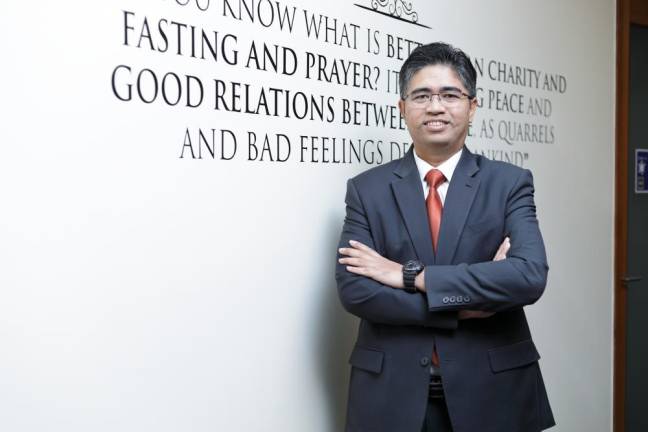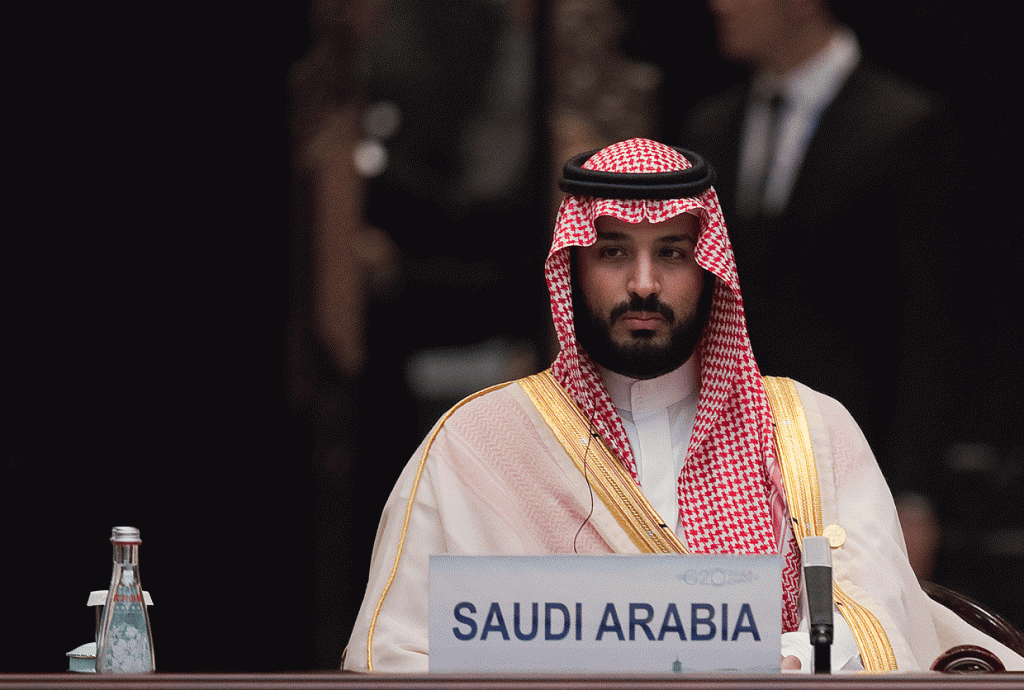Its CEO Hairol Ariffein Sahari (pix) pointed out that manufacturers had suffered production halts due to the fallout from the Covid-19 pandemic impact on the global supply chain.
“Most of our halal manufacturers in Malaysia have to import their raw materials hence they are unable to continue their production, although the demand for halal products remain constant,” he said during a group interview with the media today.
“We found that whoever controls the halal ingredient industry will control the halal end products and the supply chain in general.”
At the moment, many of the local players depend on raw material imports such as sugar, flour and cocoa for food producers, while the pharmaceutical players may rely on imports for their active ingredients.
Apart from that, Hairol observed that the pandemic has resulted in hiccups to compliance as the issuance and renewal of certificates have been halted due to the lockdown, as the necessary audits could not be carried out.
As a result, Malaysia’s halal exports in 2020 fell to RM31 billion from RM41 billion reported in the preceding year. Export decline aside, the number of certified companies for the year also shrank to about 7,000 from 10,000 in 2019.
Globally, the halal market is estimated to be US$3.1 trillion (RM13 trillion) in 2018 and it is projected to grow to US$5 trillion by 2030.
With local exports at RM31 billion, he pointed out that this is just a drop in the ocean which needs to dig further.
One possible avenue is to increase the number of certified halal companies by tapping into the pool of 190,000 non-certified companies in Malaysia as well as encouraging more of the existing certified firms to venture into exports, said the CEO.
Out of 7,000 accredited companies, only 3,000 are engaged in export activities.
He outlined that the biggest challenge for HDC was to increase the number of certified halal companies and make them more prominent players in the supply chain. To this end, the agency has revealed one of its approach is via the internationalisation of Malaysia’s halal ecosystem by linking it to other countries.
“Through this, we can have mutual recognition between countries, and we can create opportunities on government-to-government and business-to-business basis which will translate to cross border trade, investments and employment opportunities.”
Hairol explained that HDC is focused on establishing G2G partnerships in Southeast Asia and the Far East, having entered into memorandum of cooperation with agencies representing the government of South Korea, Taiwan, Senegal and Japan. He stated it is important to collaborate with agencies that have strong support from their governments.
“As long as we stay to our objectives, to increase Malaysia’s halal exports, bring more investment in our halal business park and to export our graduates to fulfill the global halal market demand, I am sure we will be on the right path to achieve greater growth in our ecosystem development.”
For 2021, HDC expects to attract RM700 million of new investments to the local halal market after raking in RM400 million of new investment in the first half of the year.
Moving forward, the agency has completed two sectoral roadmap on food services and pharmaceuticals to grow local halal exports and it is working on halal ingredients and Muslim hospitality services. It will also focus on sectors that can provide better returns in the longer-term post-pandemic.
“Once the world achieves herd immunity, we see recovery especially in Muslim-friendly tourism, and then we will promote this halal standardisation and capitalise on it to promote our products and services for the pharmaceutical and food services products,” he said, “which in turn would create wider and new market space for halal end products.”




